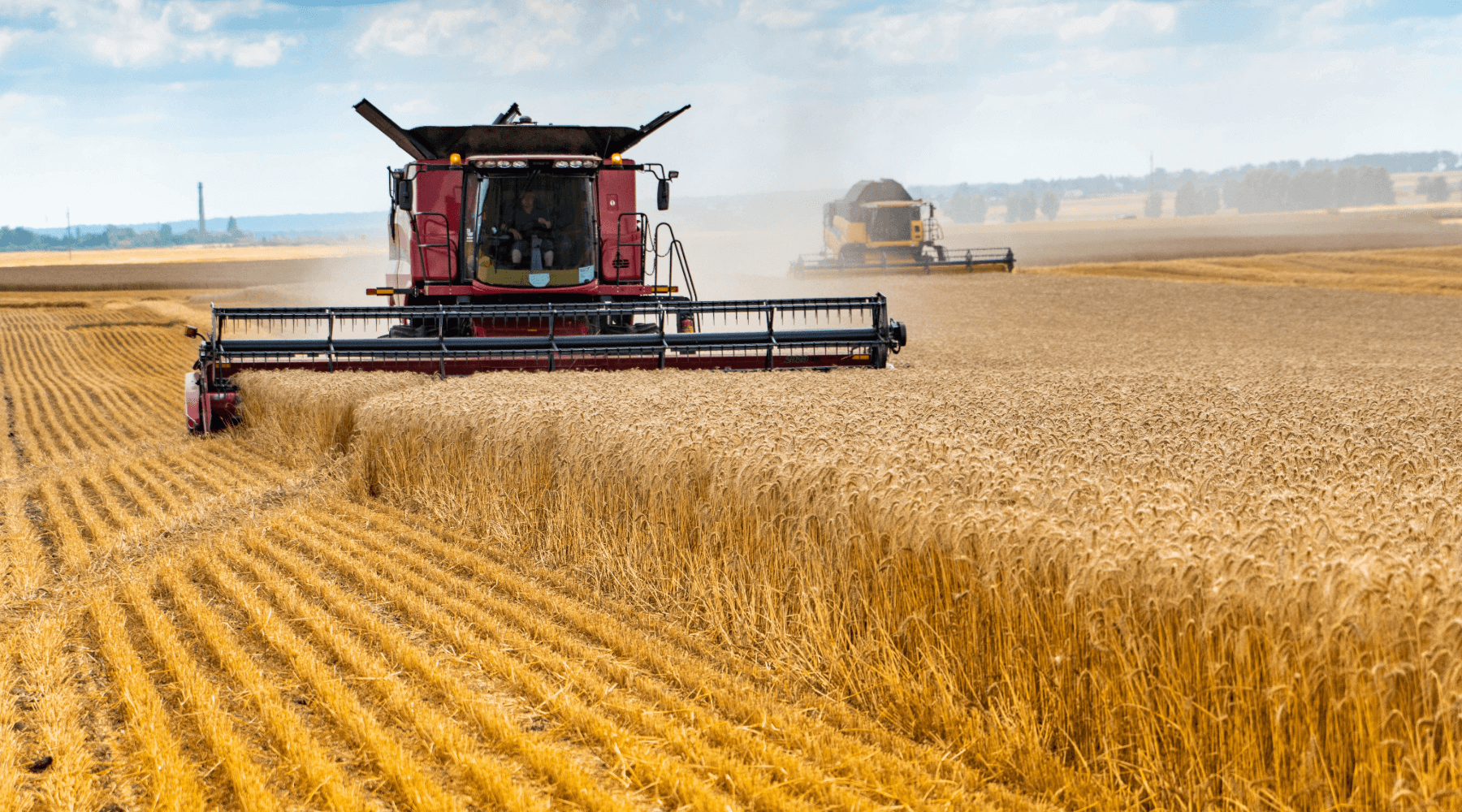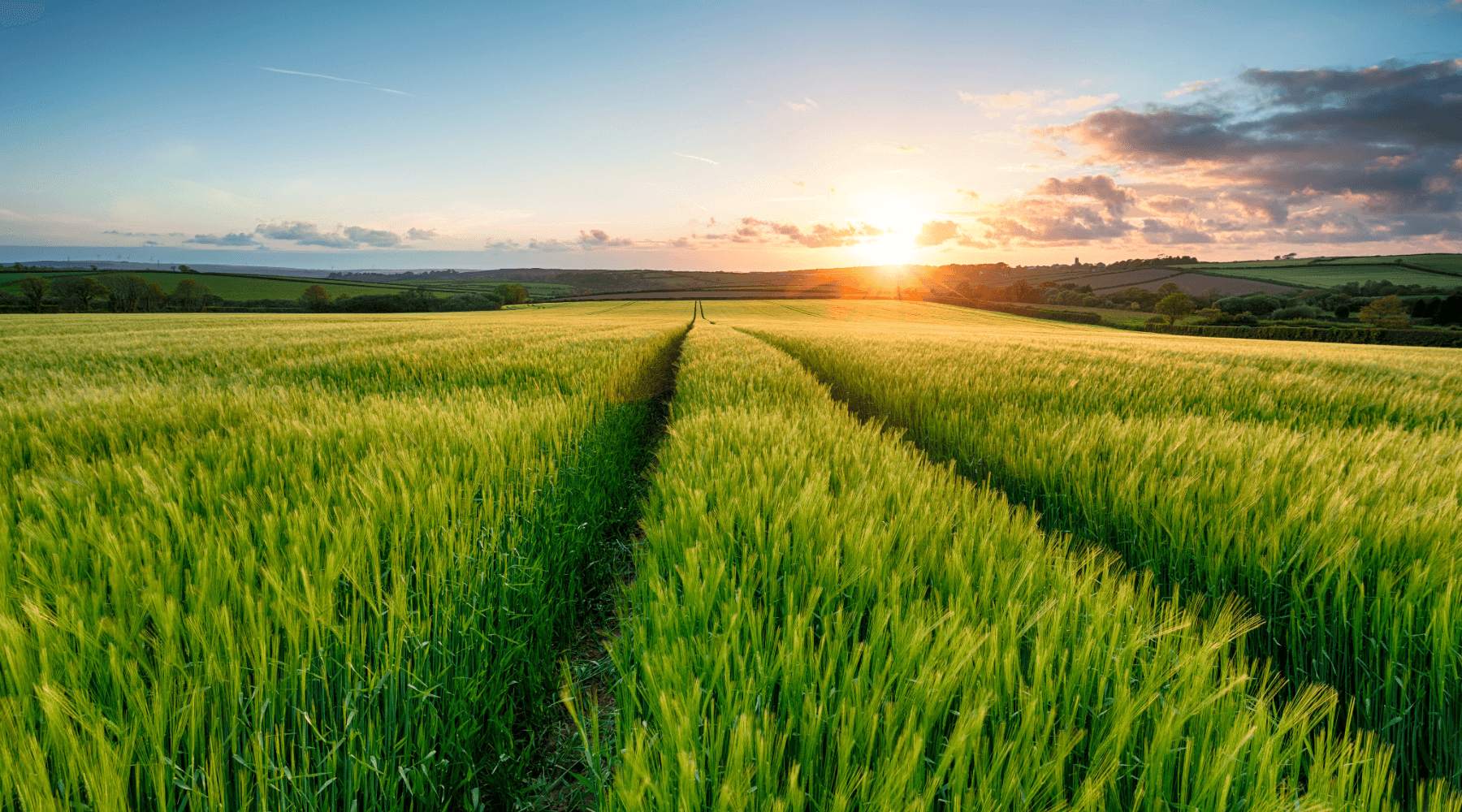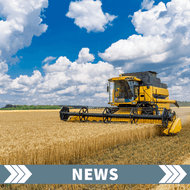UK Wheat Harvest Suffers Major Blow Amid Wettest Season on Record
Posted by Emma on 13th Oct 2024 Reading Time:
The UK has experienced its second-worst wheat harvest, driven by relentless wet weather over the past year. According to new data from the Department for Environment, Food and Rural Affairs (Defra), the wheat haul for 2024 is estimated to be 10 million tonnes, marking a 21% drop compared to 2023. The figures reflect a significant blow to one of the country’s most essential staple crops.

A cold and wet winter combined, followed by a damp spring and early summer, created near-impossible conditions for farmers. The adverse weather delayed planting and reduced crop quality and yield. As a result, wheat and other staple crops, such as winter barley and oilseed rape, have faced severe declines. Winter barley is down 26% from last year, while oilseed rape has seen a staggering 32% drop.
The Energy and Climate Intelligence Unit (ECIU) estimates that farmers are facing potential revenue losses of up to £600 million on five key crops, including wheat, barley, oats, and oilseed rape. These losses highlight the economic impact of the unpredictable climate and its effect on UK agriculture.
Tom Lancaster, an analyst at ECIU, emphasised that the scale of this year’s harvest loss is alarming. “This year’s harvest was a shocker, and climate change is to blame. Farmers have endured the brunt of the second worst harvest on record, and the future looks increasingly uncertain unless action is taken to build resilience within our food systems,” Lancaster stated.
While imports have partially cushioned consumers from the full effect of the shortfall, the implications for farmers are significant. Many now find themselves on precarious financial footing, with the prospect of further difficulties as climate change challenges traditional farming practices. Some farmers, particularly in southern England, have lost their crops for the second consecutive year, raising concerns about the viability of autumn planting as flooding becomes more frequent and severe.

Colin Chappell, a farmer in Lincolnshire, described the challenges facing his business as “dire.” After experiencing heavy rainfall severely impacting his crops, he warned that spring wheat, which offers lower yields than winter wheat, may become the only viable option. However, spring planting presents risks, particularly in drought, compounding the uncertainty.
Despite favourable harvesting conditions early in the season, when 88% of the wheat harvest was completed by the end of August, progress slowed significantly in September. Rain and humid weather caused widespread interruptions and further diminished the overall yield. Defra’s report, released on 10 October, noted that the overall wheat production is down by 18% compared to the five-year average.
The disruption to wheat production is not an isolated event. Barley and oat yields have also experienced sharp declines, further straining the agricultural sector. Despite some areas of resilience, such as spring barley, which performed relatively better than winter barley, the harvest outcomes remain highly variable across regions and farms.

The farming community faces significant challenges, with attention now on the 2025 planting season. Many farmers are eager to establish winter cereals, hoping to avoid repeating this year’s wet and challenging conditions. However, with climate change continuing to disrupt traditional weather patterns, the future of the UK’s wheat production—and broader agricultural stability—remains uncertain.
The recent harvest underscores the pressing need for systemic changes to farming practices that can withstand the growing unpredictability of the climate. Industry leaders and farmers call on the government to invest in more sustainable agricultural methods to safeguard future harvests and ensure food security.

